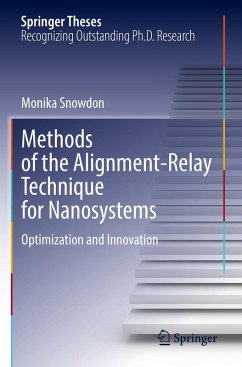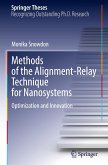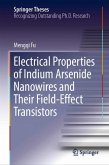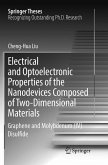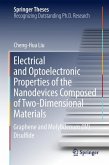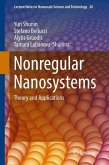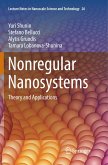This thesis addresses the problem of improving the alignment of carbon nanotubes (CNTs) in transistor applications, taking a unique approach using iptycenes acting as molecular tweezers in combination with a liquid crystal solvent. As part of a project to test the effectiveness of a multi-step method, the so-called Alignment Relay Technique (ART), this work contributed evidence for the selectivity and stability of ART, as well as providing the first proof-of-concept that ART can be used to create CNT field-effect transistors (FETs). The thesis effectively explains and illustrates the chemical synthesis of the tweezers, the concept and actualization of the technique, the various factors observed to influence deposition and selectivity, along with material fabrication using both photolithography and electron beam lithography. This research advances knowledge of transistors and expands the applications of small organic molecules in the field of materials science. Particular highlights of this thesis include: an extensive review of ART, its advantages, and limitations; development of new material chemistry methods for the optimization of semiconducting CNT selectivity; and a comprehensive exploration of fabrication and characterization of CNTFETs for future applications.
Bitte wählen Sie Ihr Anliegen aus.
Rechnungen
Retourenschein anfordern
Bestellstatus
Storno

